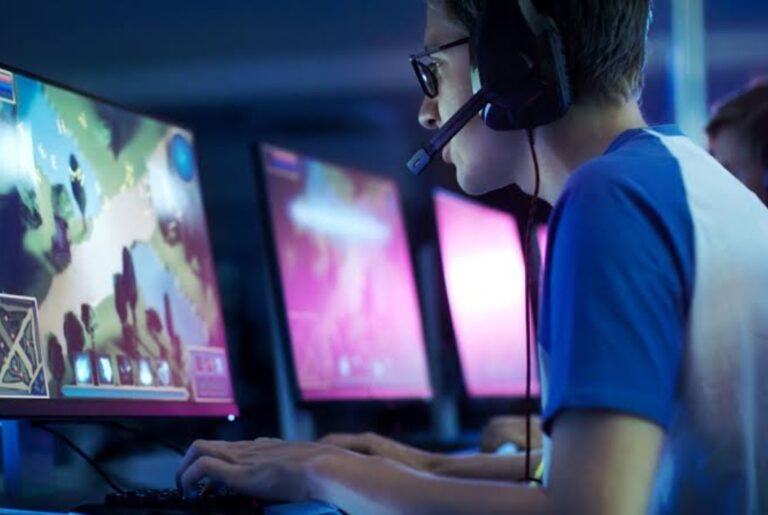The Central Government informed the Supreme Court that it does not differentiate between games of skill and games of chance when it comes to the application of Goods and Services Tax (GST) on online gaming. According to the Centre, all forms of real-money online games involving betting fall under the category of gambling, making them liable for a uniform 28% GST.
The Supreme Court is currently hearing petitions from several online gaming companies that are contesting the imposition of 28% GST on the total value of bets placed. Companies such as Dream11, Games24x7, and Head Digital Works have challenged the retrospective application of the higher tax rate, arguing that GST should be levied only on the gross gaming revenue (GGR), not on the full value of bets.
During the hearing, the Centre emphasized that the nature of the game—whether skill-based or chance-based—is irrelevant for tax purposes under GST law. It further highlighted that even states like Nagaland, which recognize and regulate games of skill, consider any form of betting on such games as gambling.
Drawing international parallels, the Centre pointed to fantasy sports betting—such as wagering on a football player’s performance—stating that such activities promote addictive behavior and must be taxed accordingly. It reiterated that the element of reward-based wagering, regardless of user control or skill, classifies the activity as gambling under GST norms.
In previous hearings, the Supreme Court had directed the Centre and GST authorities to respond to the petitions. The GST department has also sought to consolidate similar cases currently being heard in various high courts and transfer them to the apex court for a unified ruling.
Historically, the online gaming industry had been paying 18% GST, treating its offerings as services. However, tax authorities disputed this classification, asserting that these activities constitute betting and gambling, thus attracting the higher 28% GST rate.
The matter is scheduled to continue on Tuesday, and the outcome could have far-reaching implications for the booming Indian online gaming sector.
